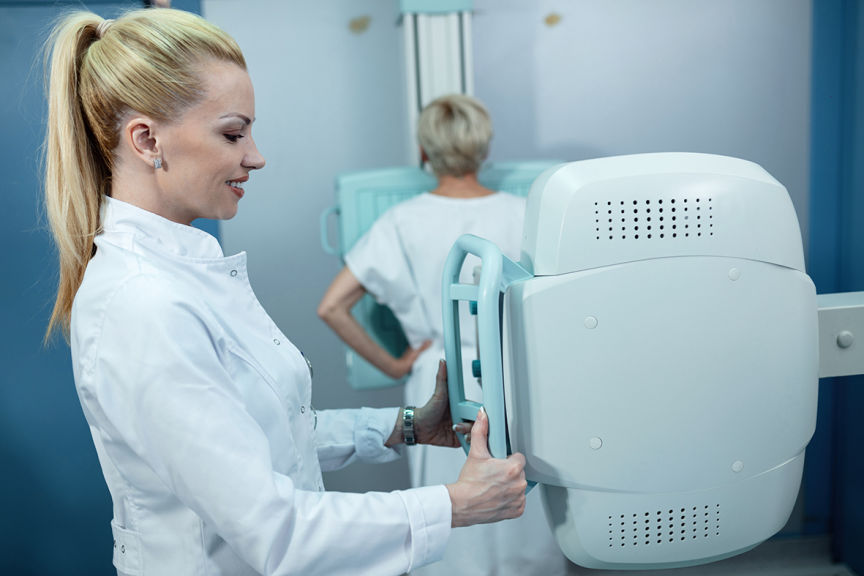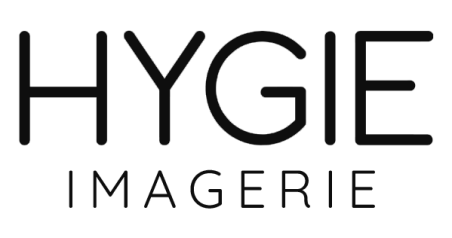Mammography
Mammography is the most effective test for detecting breast cancer as early as possible, even when there are no symptoms. It allows the visualization of structures within the breast and the detection of small lesions that may not be detected by palpation (cysts, calcifications and tumors).




